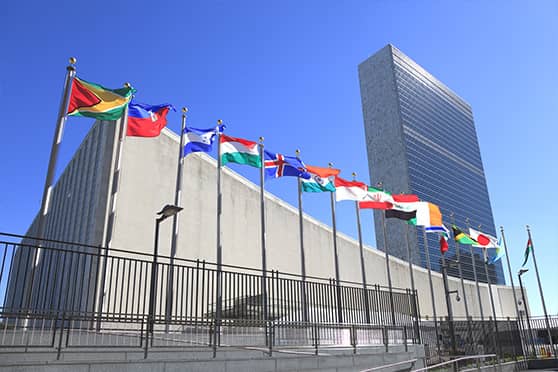How to study International Relations: Related UG courses and route to PG courses


If you take an interest in international affairs and want to know how countries interact with each other on political and economic issues, then International relations just might be the right career path for you. International Relations (IR) is an academic discipline that studies political events and developments around the globe. Political theories play an important role in the development of IR, which also encompasses subjects like History, Economics and Sociology.
How to study International Relations
Some top institutes that offer International Relations courses:
Jadavpur University, Kolkata
Course: BA in Political Science.
Course: MA in Political Science with specialisation in International Relations.
Ashoka University, Haryana
Course: BA (Hons) in History and International Relations.
Institute of Language Studies and Applied Social Sciences, Gujarat
Course: BA in Politics and International Relations.
Jindal School of International Affairs, Haryana
Course: BA in Global Affairs.
Jawaharlal Nehru University- School of International Studies, Delhi
Course: MA in Political Science with specialisation in International Studies.
South Asian University, Delhi
Course: MA in International Relations.
Jamia Millia Islamia, Delhi
Course: MA in Politics (International & Area Studies).
Christ University, Bangalore
Course: MA in International Studies.
Pandit Deendayal Energy University - School of Liberal Studies, Gujarat
Course: MA in Political Science & International Relations.
Things you can do after getting a degree in International Relations:
Diplomat: A diplomat represents his/her own country and negotiates local governmental issues concerning international issues.
Political analyst: They are hired by governments, political parties and strategists to analyse public policies, campaign strategies, political climate and foreign policies.
Intelligence specialist: They gather information and execute undercover missions on foreign soil.
International lawyer: They deal with international trade law, finance and banking as well as mediate international disputes.
Civil servant (foreign service): Indian Foreign Service (IFS) officers deal with the external affairs of their country, focusing on the aspects of diplomacy, trade and cultural relations.
IR specialists: You can work with international organisations like UN agencies and WHO. Some of them also work for international NGOs.